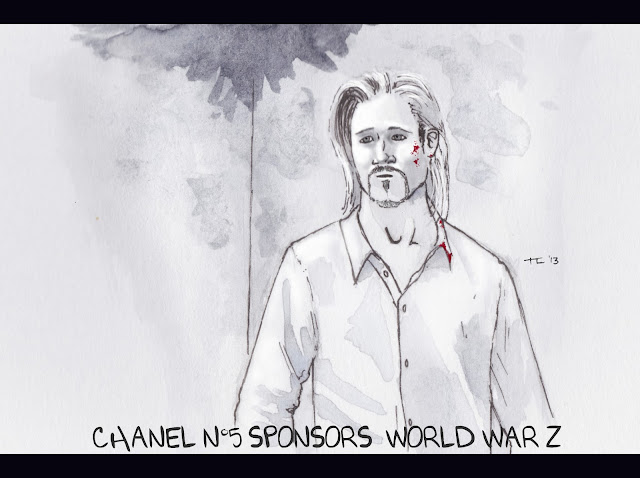There's no doubting Shane Carruth is a smart man. To truly understand what's going on in Primer you'd have to watch it, rewatch it, then put it straight back on because you should really have been making notes that time; then maybe watch it again just to be sure you've got it right. Unlike most films of the twisty-turn-y variety Primer doesn't reveal all at the end just so you can go back and see how well the twist matches up with the story you thought you were watching. Primer is a puzzle piece, more like Lynch's Mulholland Drive or Nolan's russian doll-like Inception, but it's a film that keeps its distance not only in the way it offers up only parts of the plot, but also in how it approaches its characters.
Aaron (played by Shane Carruth himself) and Abe (David Sullivan), the accidental inventors of time travel - it's a byproduct of an entirely different experiment - are a cold and distant pair. Which is accentuated by having half their dialogue in the early going delivered as dense technobabble; very well written, very believable technobabble, which, when fired back and forth, has a strange lyricism to it, but technobabble nonetheless. It's there to confuse, to obfuscate, and to distance you. It tells you, rather pointedly, that none of this is going to be simple, and you'd better sit up and pay attention.
Years back I went to a talk about scriptwriting in which the speaker talked about how a script is built like a house (I'll keep this short and pithy, I promise), the foundations have to be solid before you start adding on the walls, ceiling, roof, decorations... etc. For some writers the story's the foundation, for others it's the characters, whilst some settle on a theme and work from there. There's no doubt that Carruth's focus is on plot: the house he's created coming across like that of an MC Escher, but it's devoid of decorations. It's not that Abe and Arron don't have an arc - their characters go to some very dark places - but you'll be indifferent to it. I'm not saying you have to love the protagonist to go with them on their journey, but if you don't care, in any way, then something's gone wrong.
Cerebral films are a rare thing, and worth lauding, but if they don't engage (forgive me for writing this) your heart, then you won't come back to watch it that third, fourth, fifth time, to unravel its secrets. You'll just accept them, and move on.
Overall: 6.5/10
or
Plot: 10/10
Character: 2.5/10
Cinematography: 7.5/10












